Fu Jow Pai: Descending Mountain Tiger 36 Techniques (31-36 and Finishing Movements)
Title: Fu Jow Pai: Descending Mountain Tiger 36 Techniques (31-36 and Finishing Movements)

Jeet Kune Do (JKD), often referred to as the "Art of Efficiency," is a martial art philosophy and training system created by the legendary Bruce Lee in the 1960s. Unlike traditional martial arts, JKD is not a fixed system but a dynamic approach to self-defense and personal development. It emphasizes adaptability, efficiency, and the removal of all unnecessary techniques, making it one of the most influential martial arts systems in the world. In this article, we will explore the origins, philosophy, training methods, and the lasting impact of Jeet Kune Do.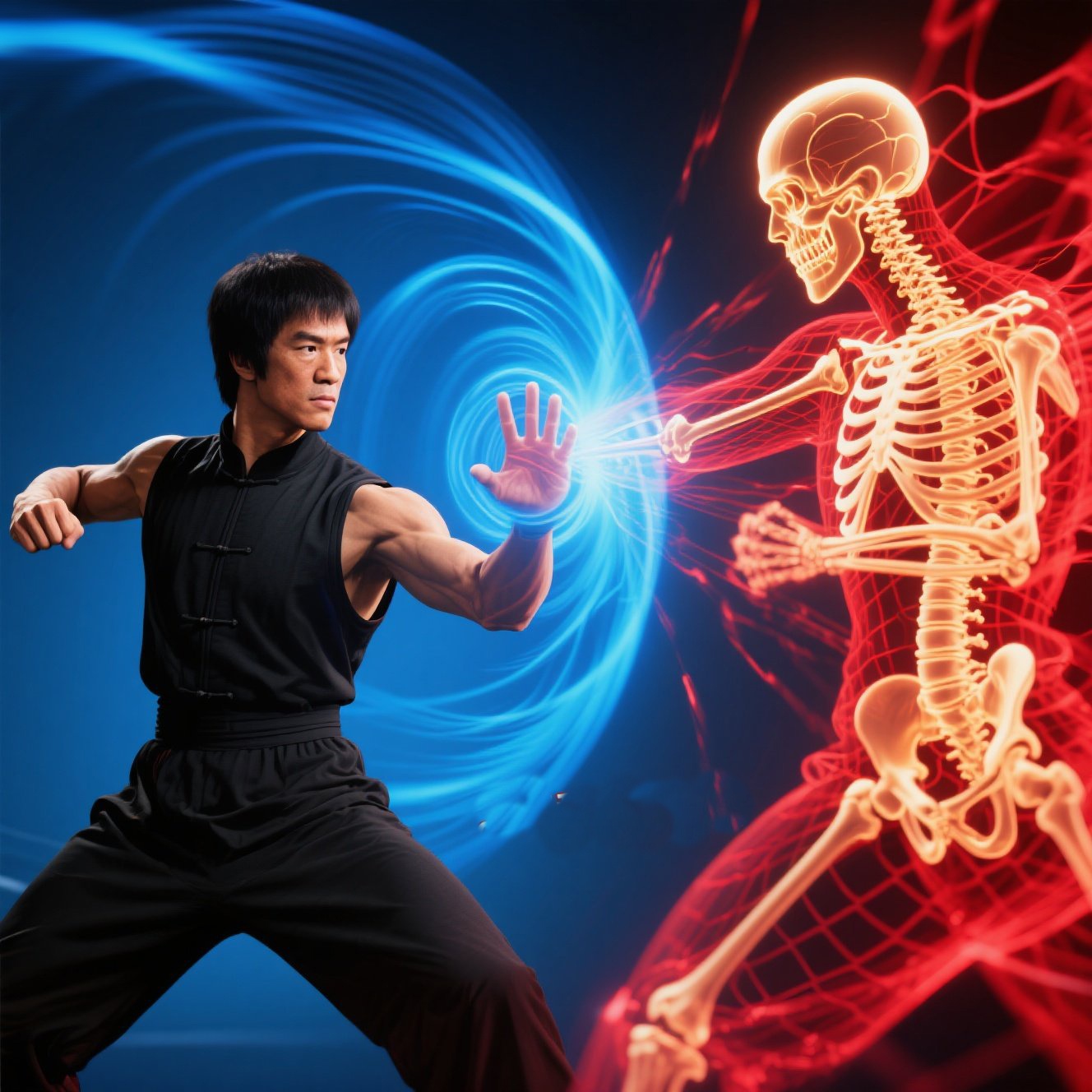
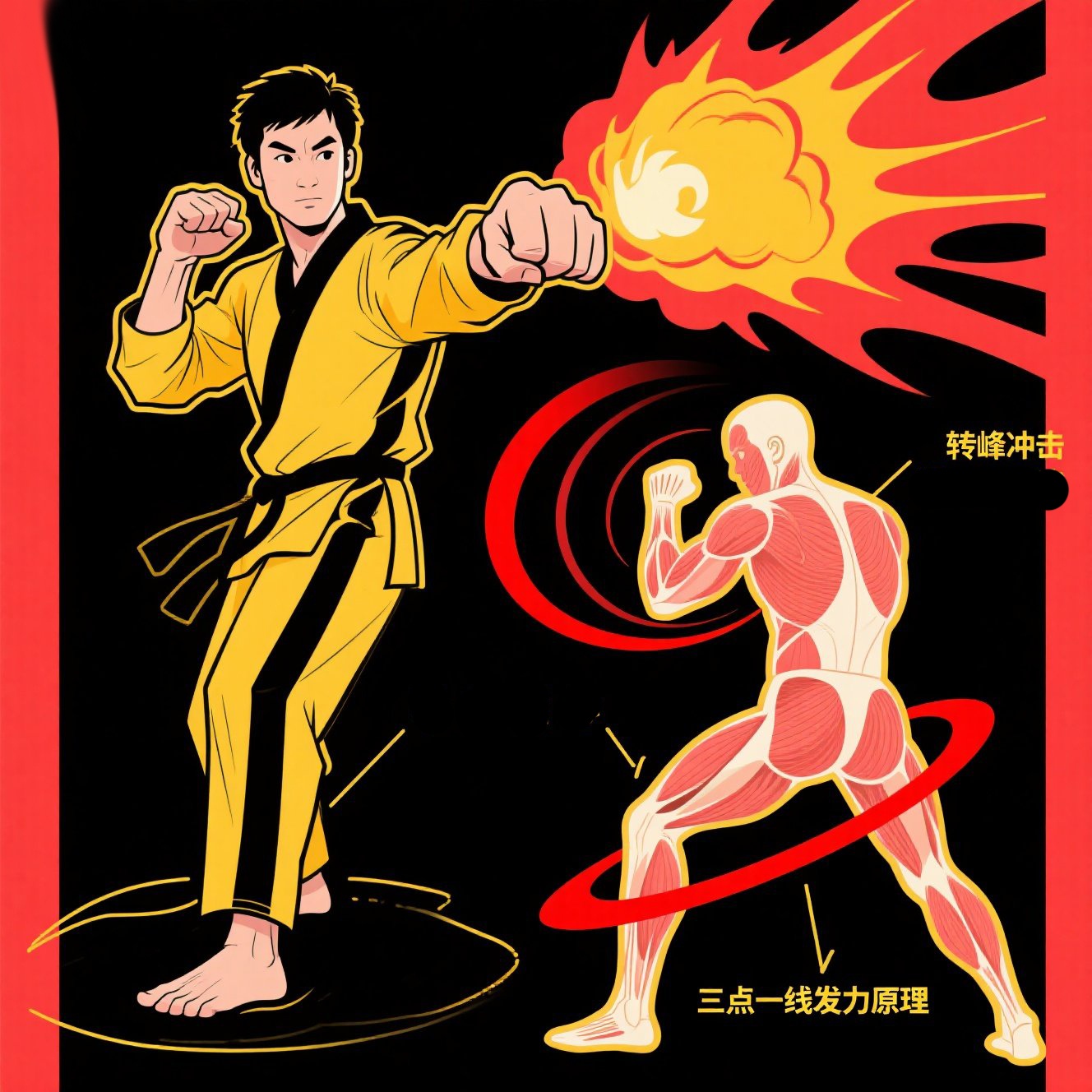
The Art of Jeet Kune Do: A Modern Approach to Martial Arts and Self-Discovery
Jeet Kune Do (JKD), often referred to as the "Art of Efficiency," is a martial art philosophy and training system created by the legendary Bruce Lee in the 1960s. Unlike traditional martial arts, JKD is not a fixed system but a dynamic approach to self-defense and personal development. It emphasizes adaptability, efficiency, and the removal of all unnecessary techniques, making it one of the most influential martial arts systems in the world. In this article, we will explore the origins, philosophy, training methods, and the lasting impact of Jeet Kune Do.
Bruce Lee, a martial artist, actor, and philosopher, founded Jeet Kune Do in 1967. Dissatisfied with the rigid structures and traditions of many martial arts systems, Lee sought to create a practical and efficient approach to self-defense. The name "Jeet Kune Do" translates to "The Way of the Intercepting Fist," reflecting its core principle of intercepting and countering an opponent's attacks with minimal movement.
Lee drew inspiration from various martial arts, including Wing Chun (his foundation), boxing, fencing, and even elements of judo and karate. He believed that martial arts should be a reflection of the individual, not a one-size-fits-all system. This philosophy is at the heart of JKD's appeal.
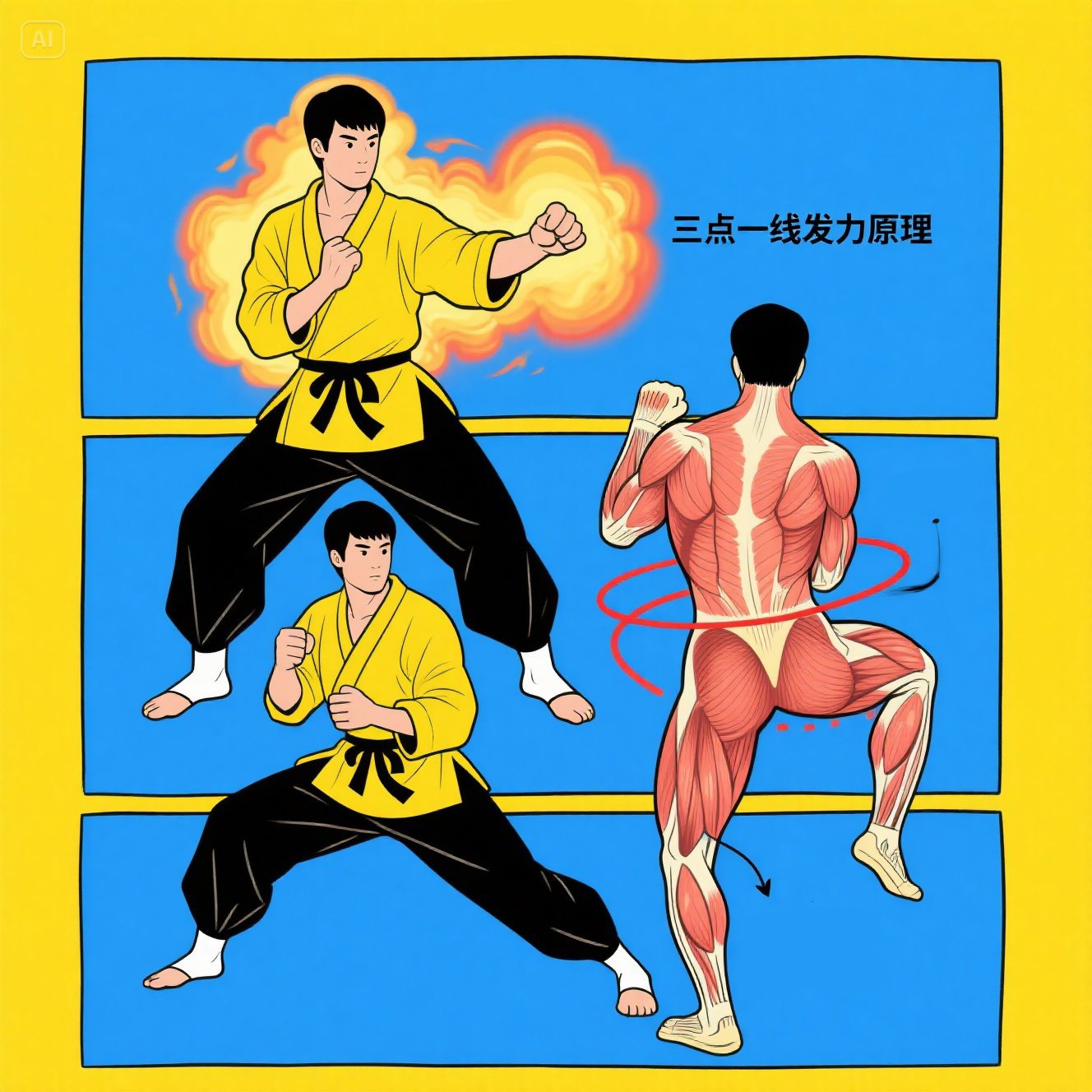
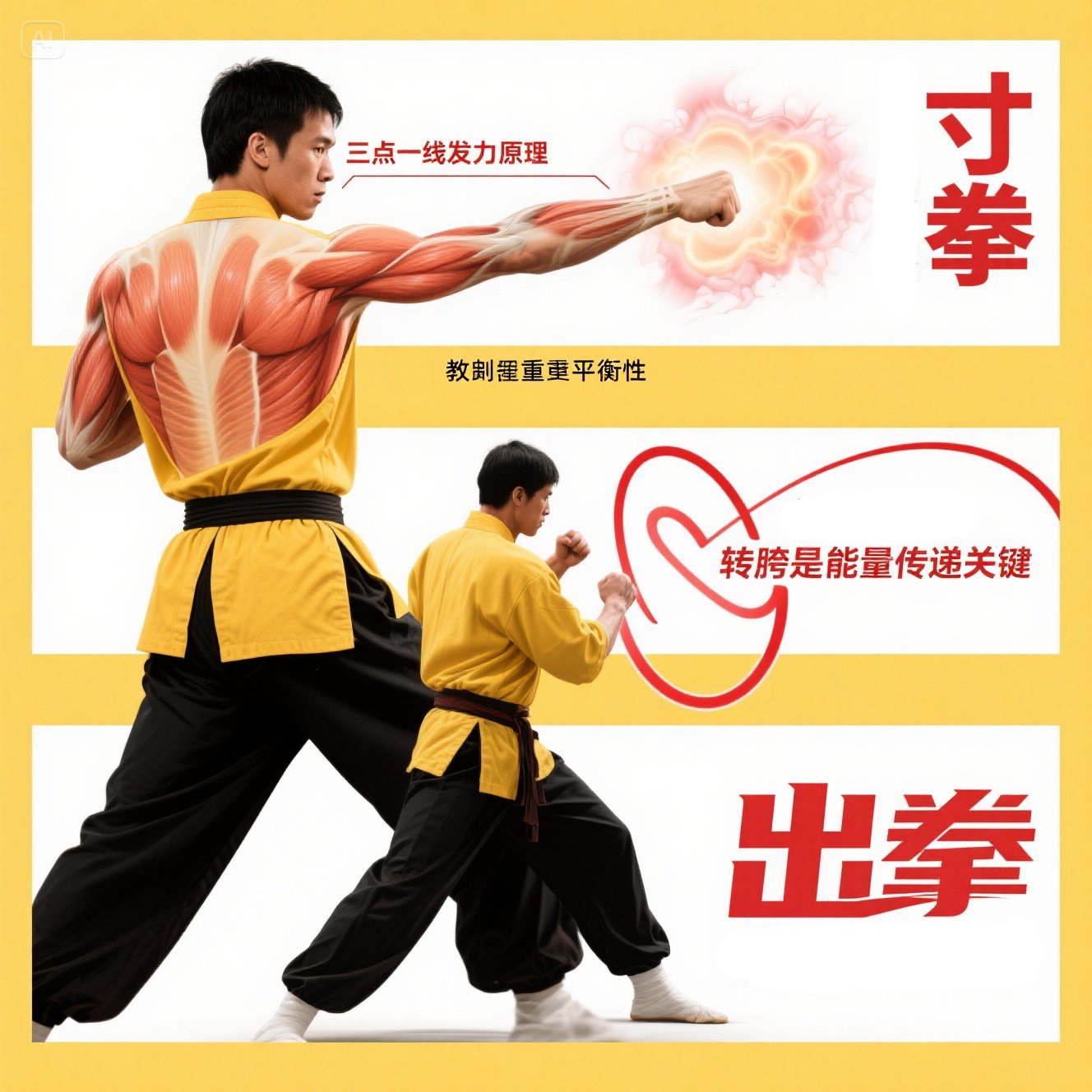
Jeet Kune Do is more than just a martial art; it is a philosophy of life. Lee's teachings extend beyond physical techniques, emphasizing mental discipline, self-awareness, and the pursuit of personal excellence. Some of the key philosophical principles of JKD include:
"Be Like Water" : One of Lee's most famous quotes, this principle encourages practitioners to adapt to any situation with fluidity and flexibility. Just as water takes the shape of its container, JKD practitioners should adapt their techniques to suit their environment and opponent.
"Absorb What Is Useful" : Lee believed in taking what works from various martial arts and discarding what does not. This principle promotes open-mindedness and the continuous improvement of one's skills.
"The Art of Expressing the Human Body" : JKD is not just about fighting but also about understanding and mastering the human body. Lee emphasized the importance of physical conditioning, coordination, and precision.
"Using No Way as a Way" : This principle highlights the importance of spontaneity and creativity in combat. JKD practitioners are encouraged to think outside the box and avoid relying on pre-set patterns.
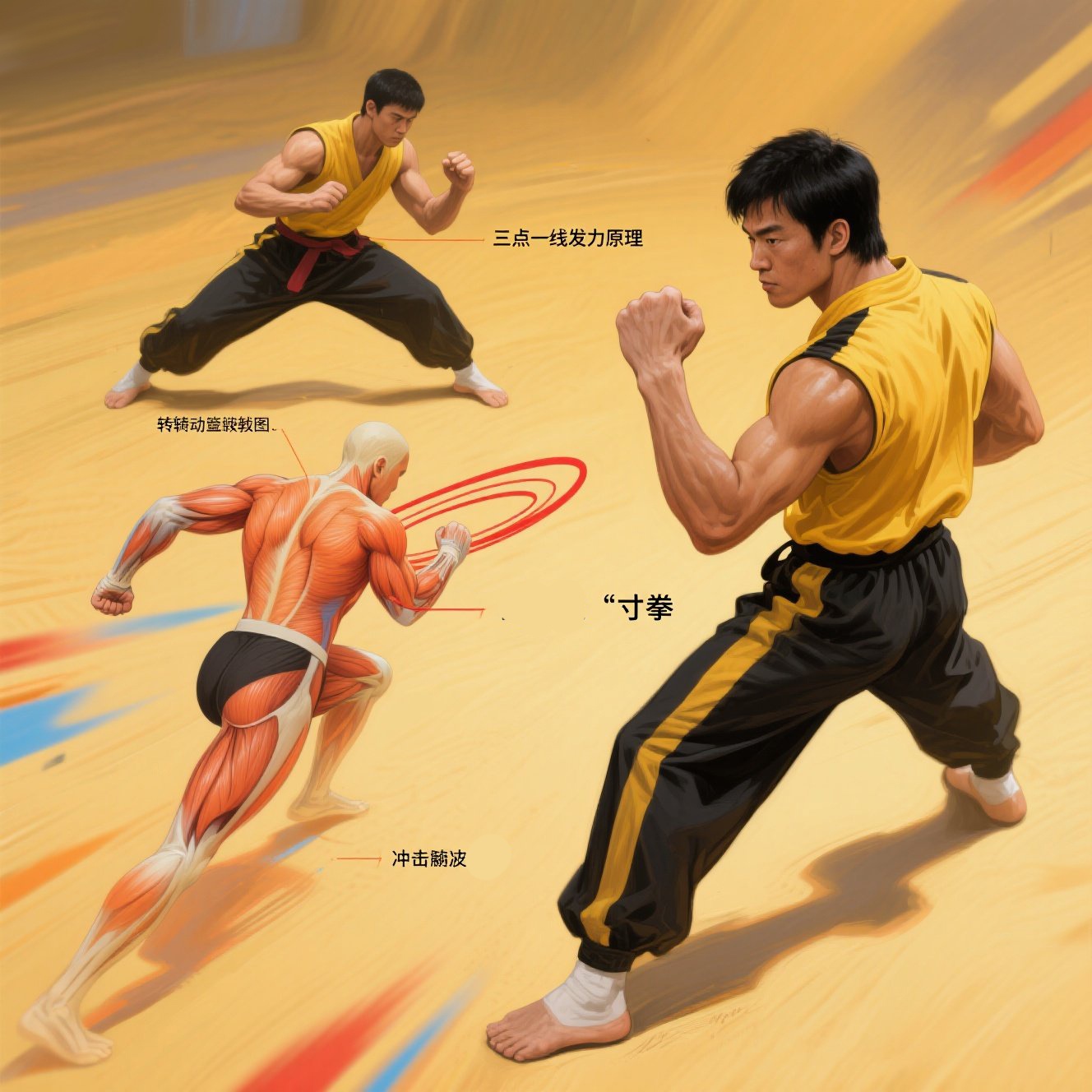

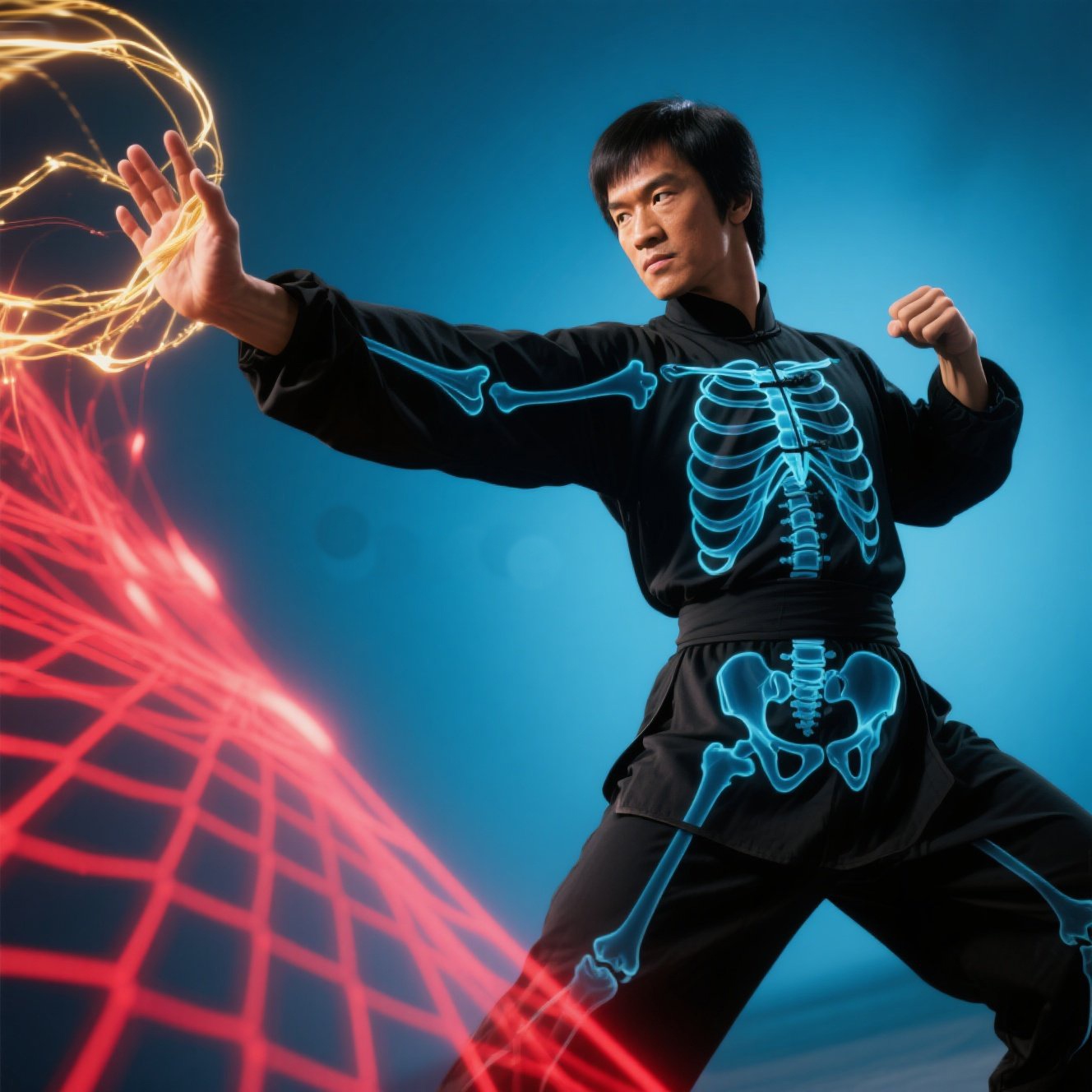
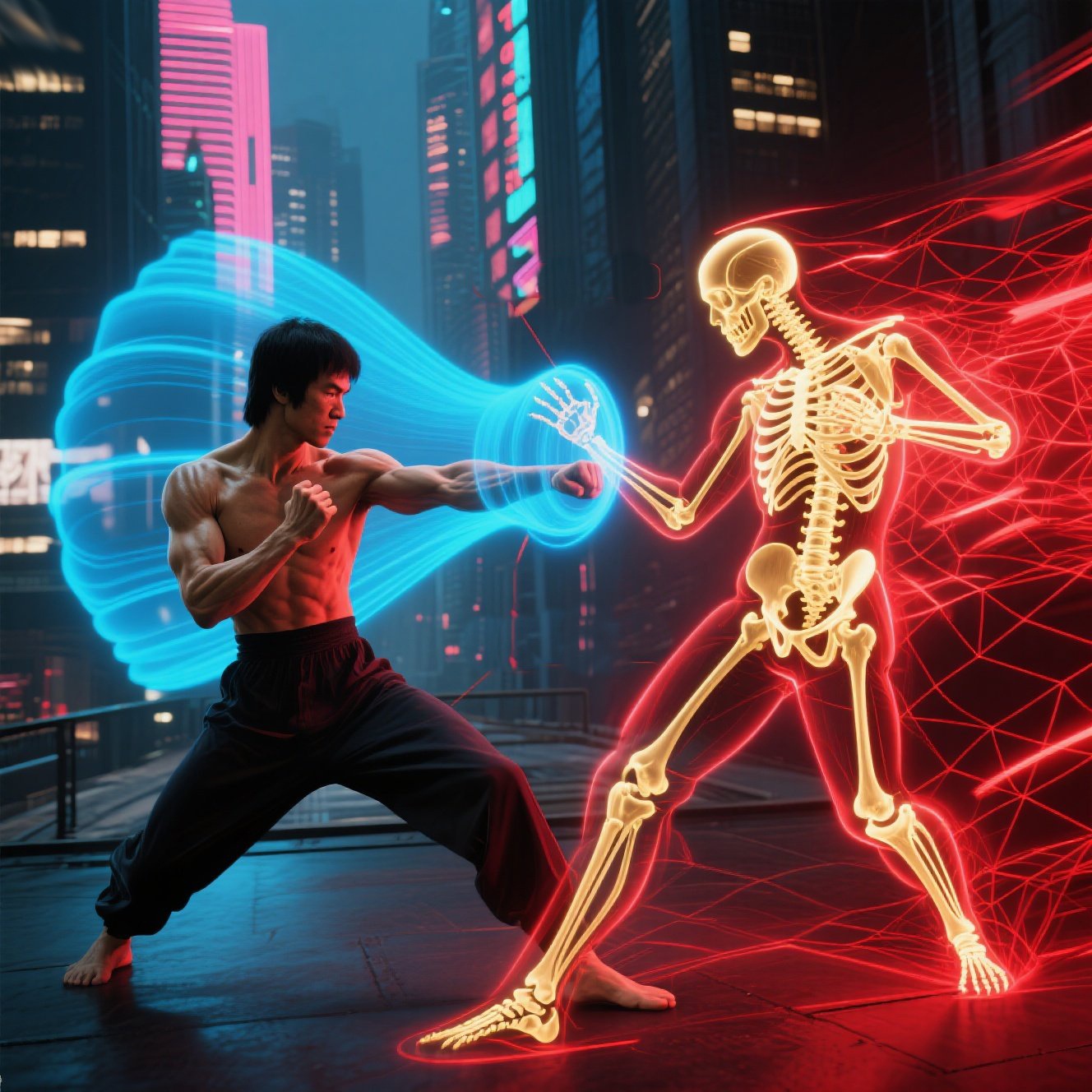
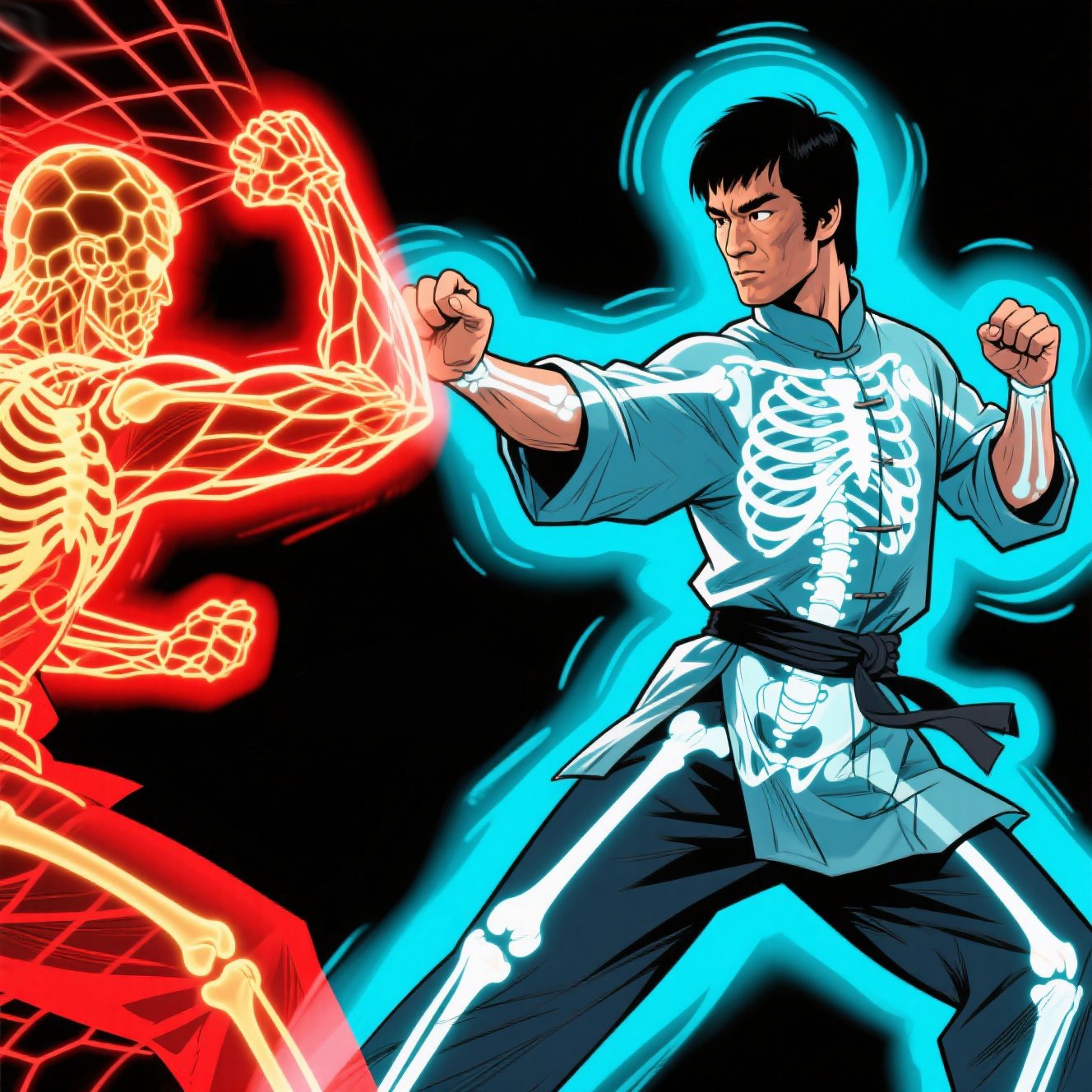
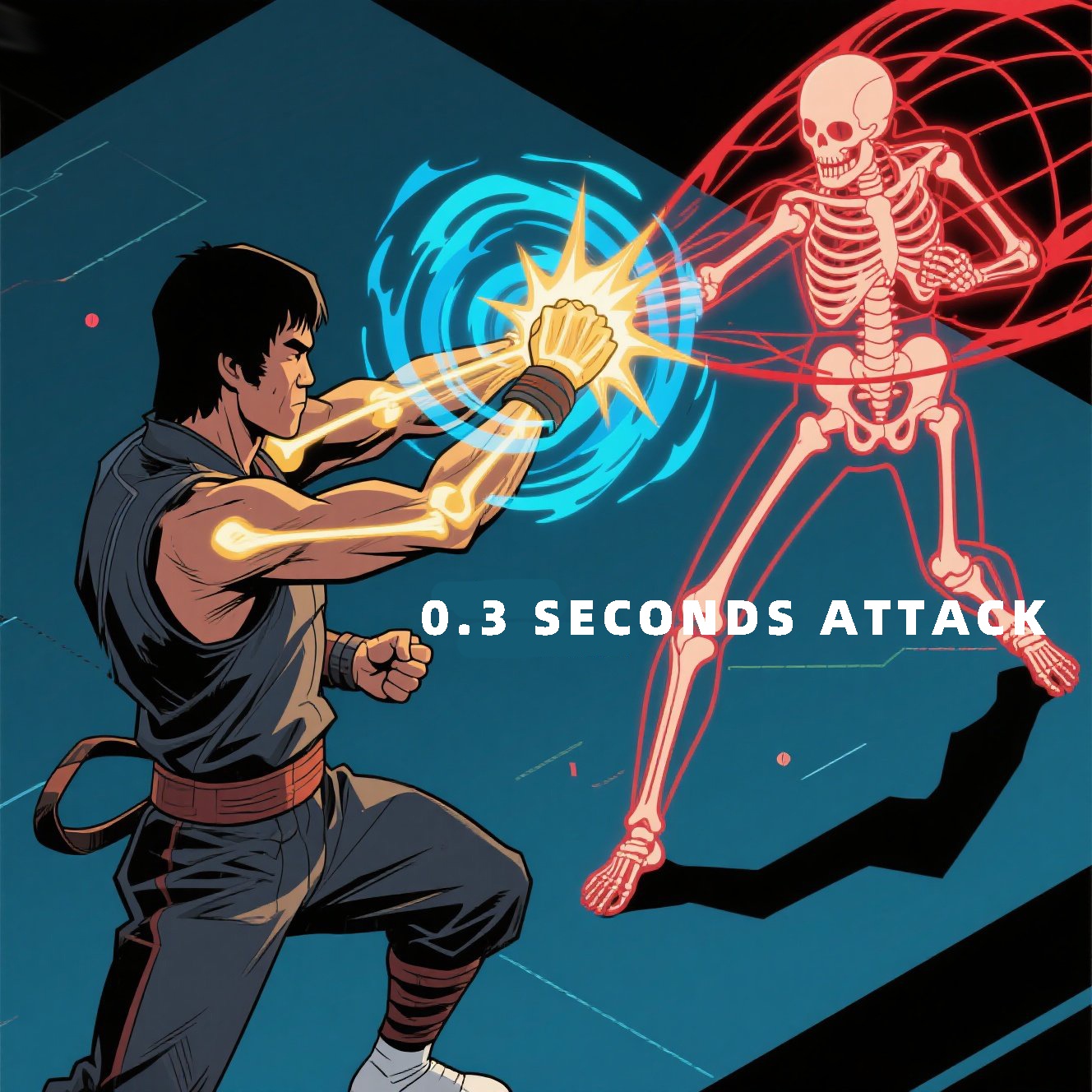
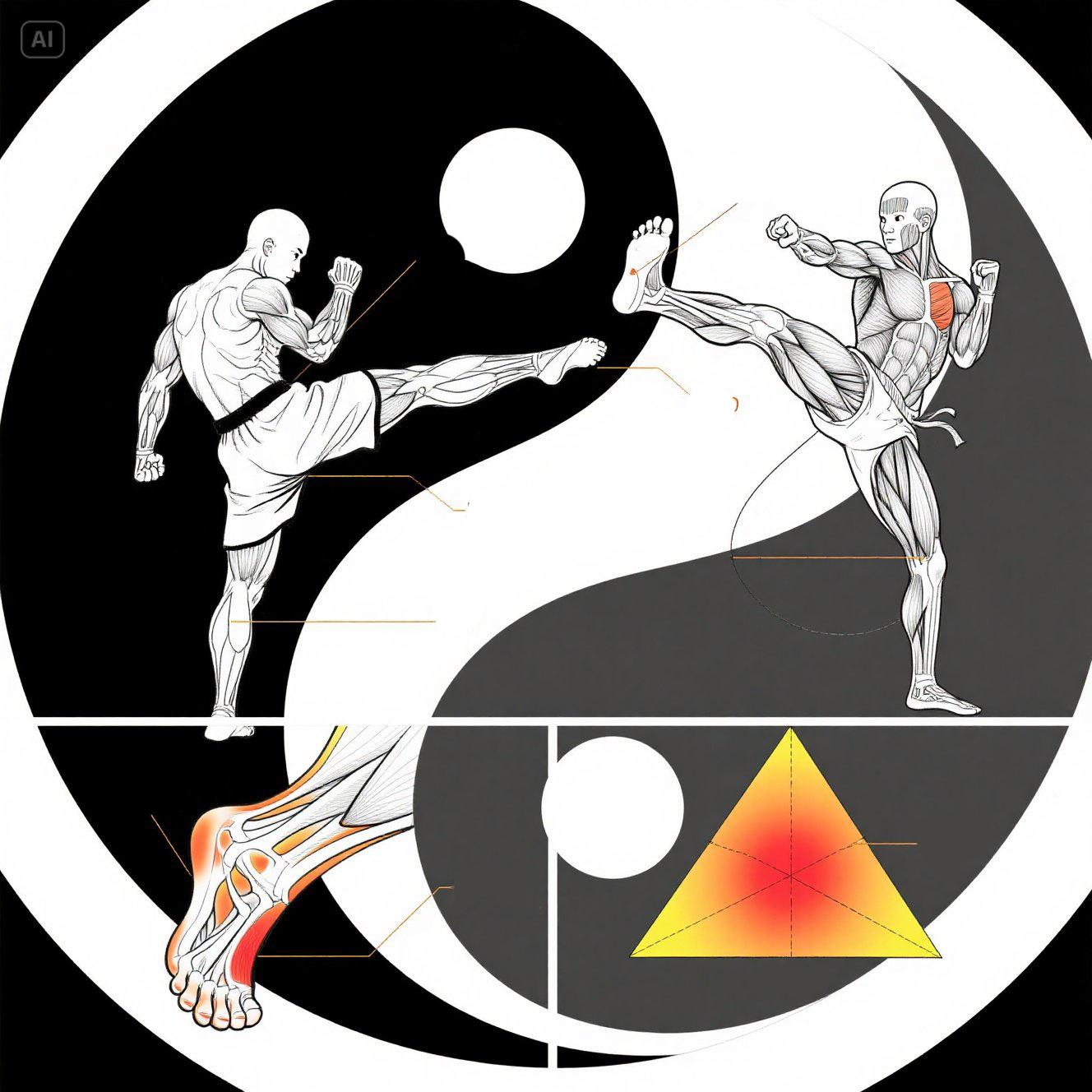
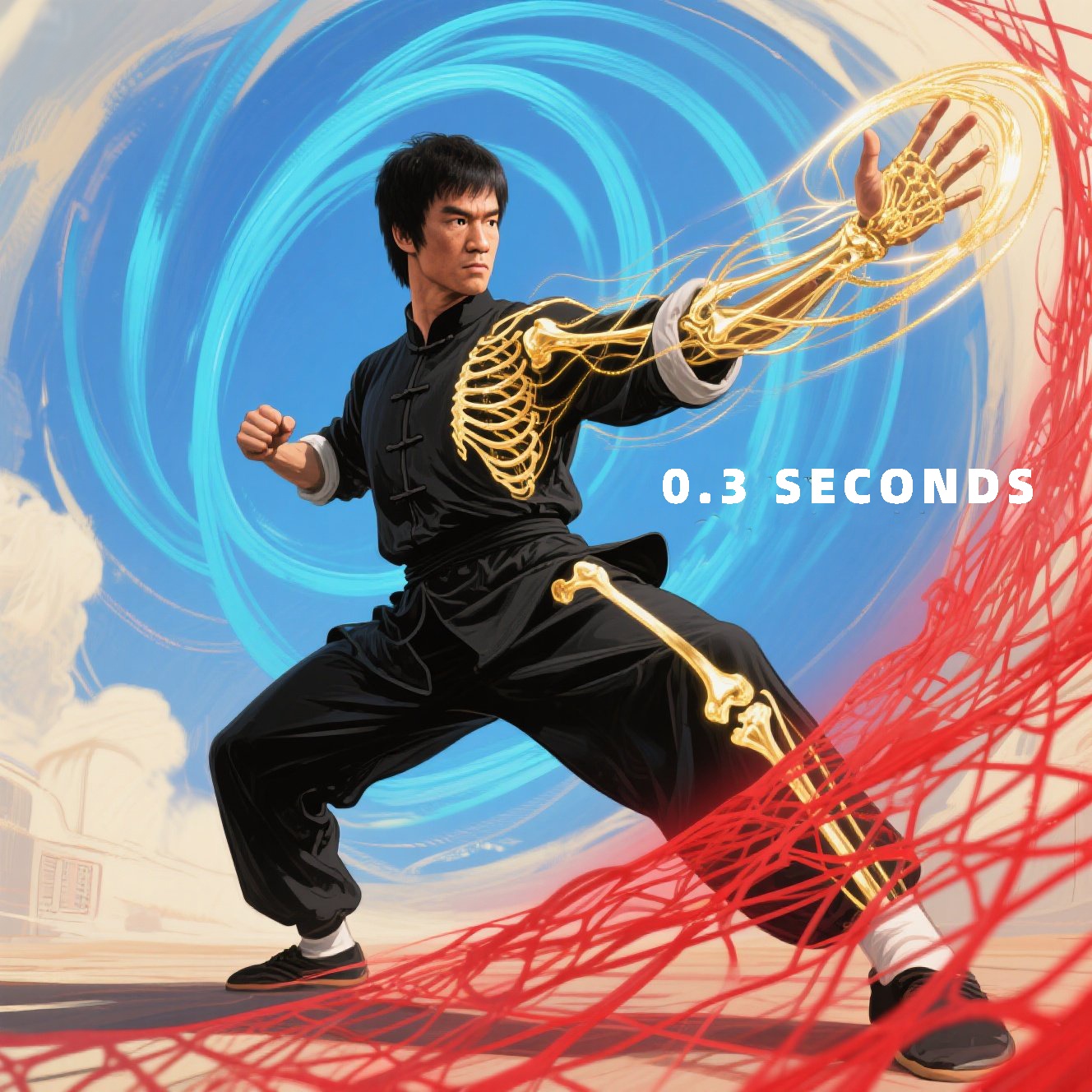
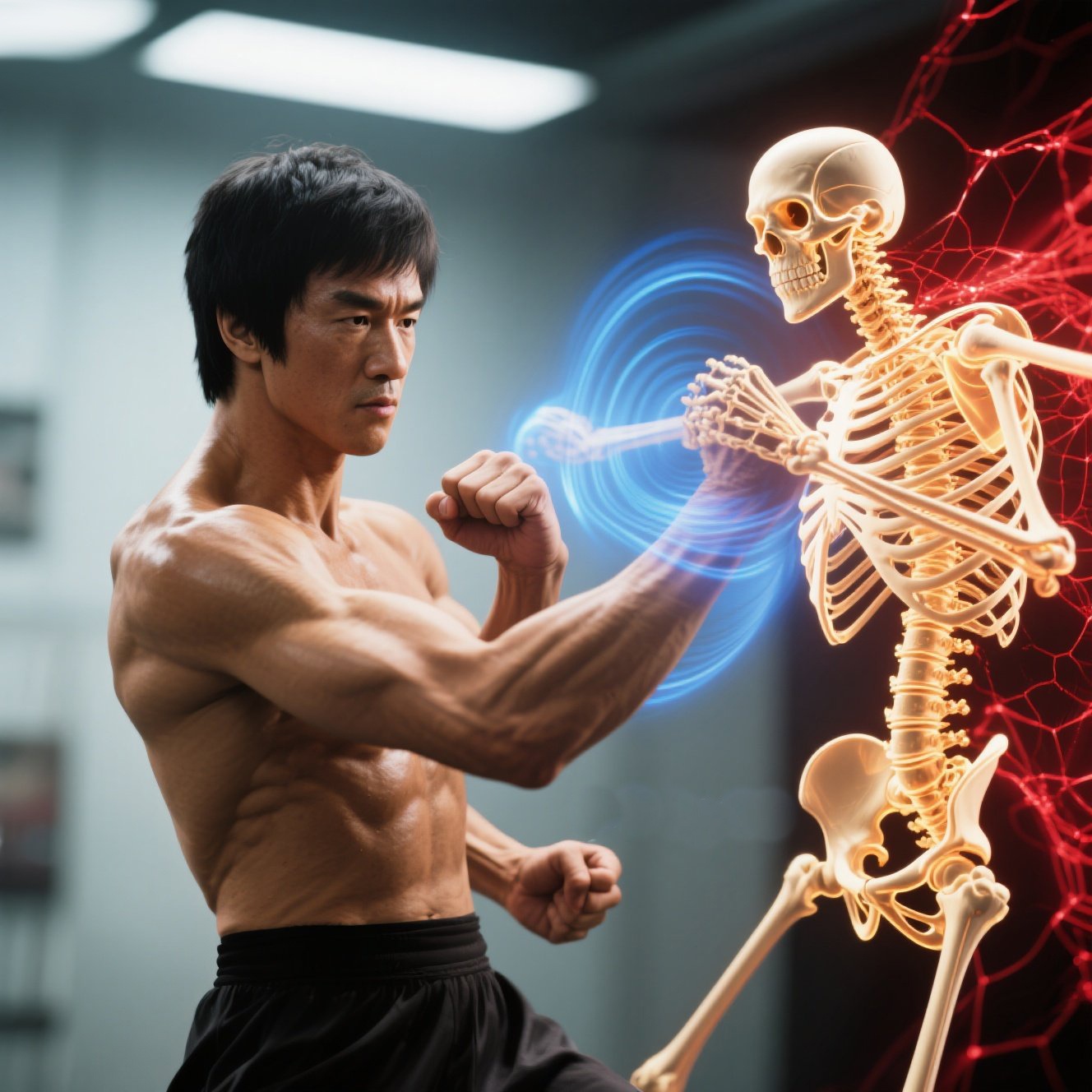
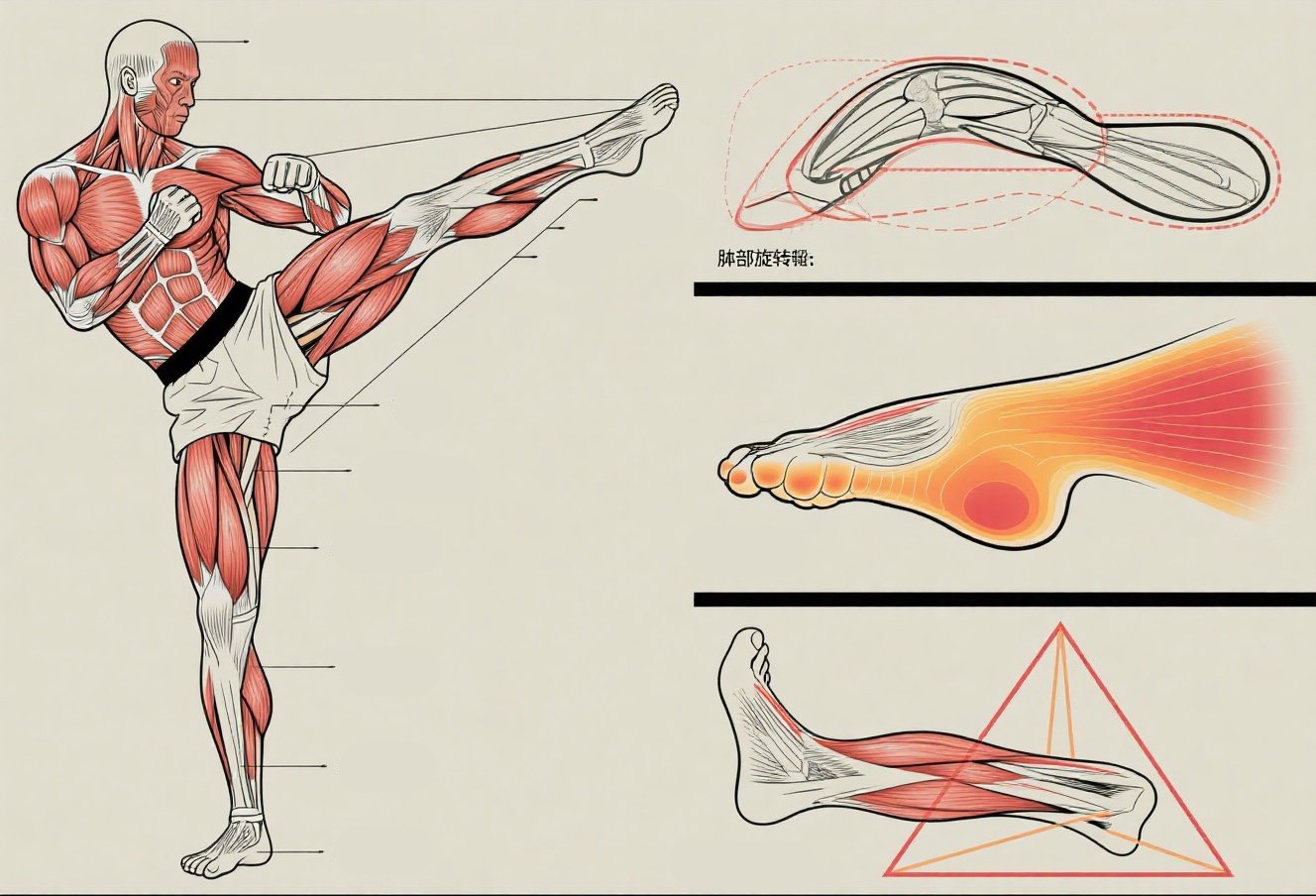

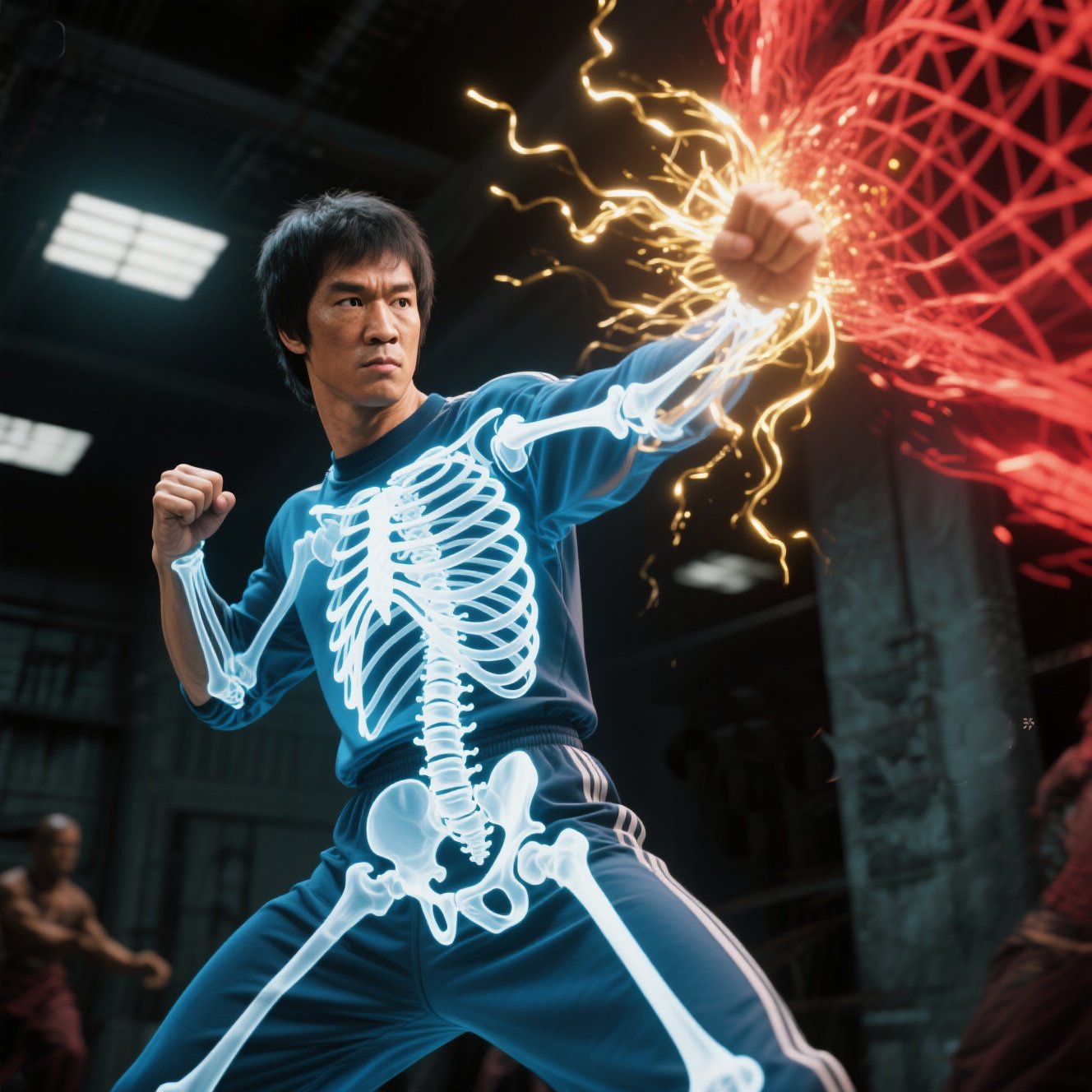
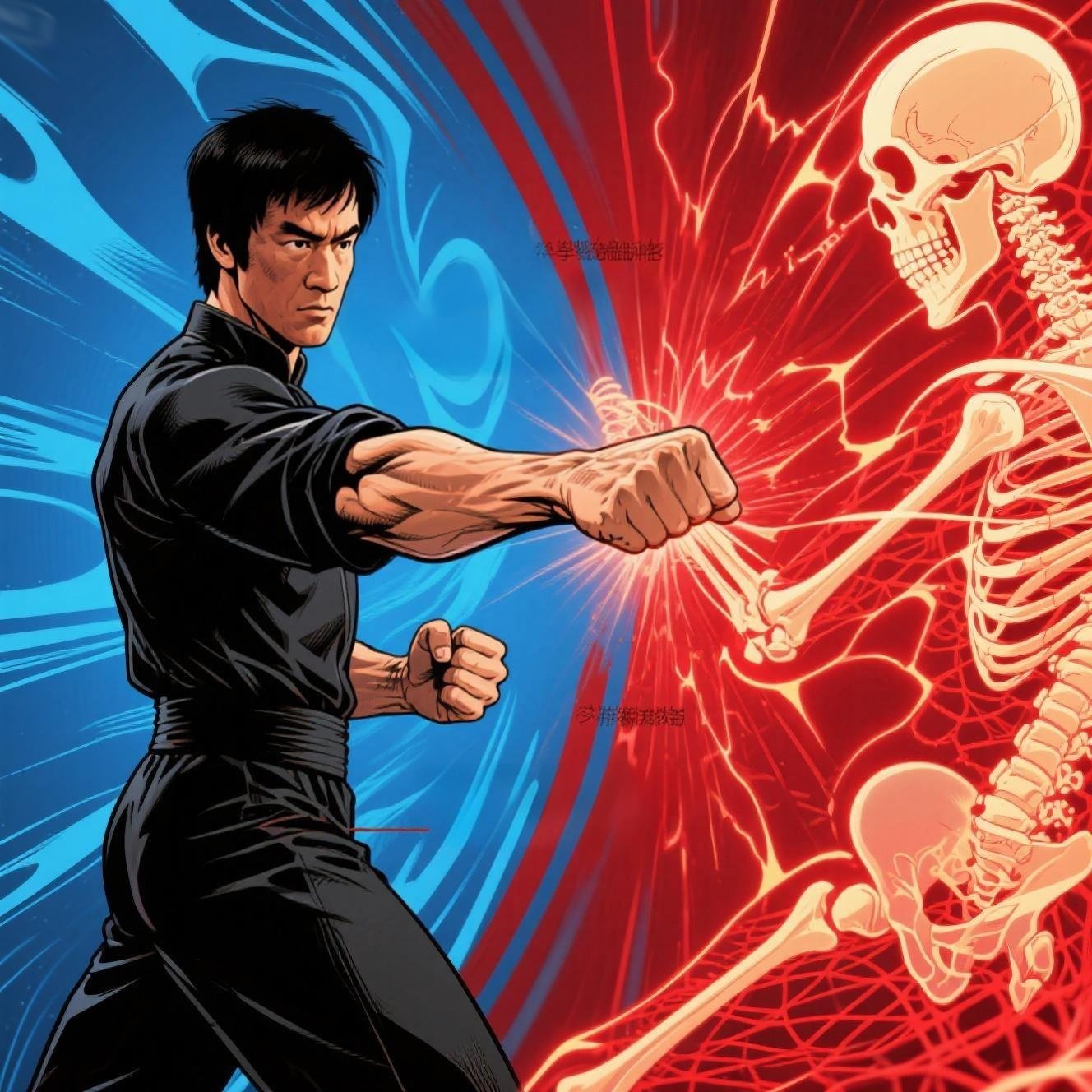
Jeet Kune Do training is designed to develop a well-rounded martial artist. It focuses on striking, grappling, and overall physical conditioning. Here are some key aspects of JKD training:
Striking Techniques : JKD incorporates a wide range of striking techniques, including punches, kicks, elbows, and knees. The emphasis is on speed, accuracy, and economy of motion.
Grappling and Joint Locks : While JKD is often associated with striking, it also includes grappling techniques, such as joint locks and takedowns, to neutralize opponents effectively.
Footwork and Movement : Proper footwork is essential in JKD, as it allows practitioners to move quickly and efficiently while maintaining balance.
Sparring and Application : JKD training often involves realistic sparring scenarios to test techniques and develop reflexes. This practical application ensures that practitioners are prepared for real-world situations.
Mental Training : Mental discipline is as important as physical training in JKD. Practitioners are encouraged to cultivate focus, confidence, and a calm mindset.
Jeet Kune Do has had a profound impact on the world of martial arts and beyond. Here are some of its key contributions:
The Rise of Mixed Martial Arts (MMA) : JKD's philosophy of blending techniques from various martial arts laid the groundwork for the modern MMA movement. Fighters like Royce Gracie and Randy Couture have credited Lee's teachings as an influence on their approach to combat.
Inspiration for Action Films : Bruce Lee's films, such as Fist of Fury and Enter the Dragon , popularized martial arts globally and inspired a new wave of action cinema.
Personal Development : JKD's emphasis on self-awareness, discipline, and adaptability has resonated with people from all walks of life. Its principles are often applied to business, sports, and everyday challenges.
Cultural Icon : Bruce Lee and Jeet Kune Do have become cultural icons, symbolizing strength, resilience, and the pursuit of excellence.
If you're interested in learning Jeet Kune Do, here are some tips to get started:
Find a Reputable Instructor : Look for a qualified JKD instructor who can guide you through the fundamentals and ensure proper technique.
Study Bruce Lee's Teachings : Read books like The Art of Expressing the Human Body and watch instructional videos to gain a deeper understanding of JKD's philosophy.
Practice Regularly : Consistency is key to mastering any martial art. Dedicate time to practice striking, footwork, and sparring.
Stay Open-Minded : Embrace the JKD philosophy of adaptability and be willing to learn from other martial arts.
Focus on Self-Improvement : Remember that JKD is not just about fighting but also about becoming the best version of yourself.
Jeet Kune Do is more than a martial art; it is a way of life. Bruce Lee's revolutionary approach to self-defense and personal development continues to inspire millions around the world. By embracing the principles of efficiency, adaptability, and self-awareness, practitioners of JKD can not only defend themselves but also overcome challenges in every aspect of life. Whether you're a martial artist, an athlete, or someone seeking personal growth, the lessons of Jeet Kune Do are timeless and universally applicable.
So, take the first step, be like water, and let Jeet Kune Do guide you on your journey to becoming the best version of yourself.
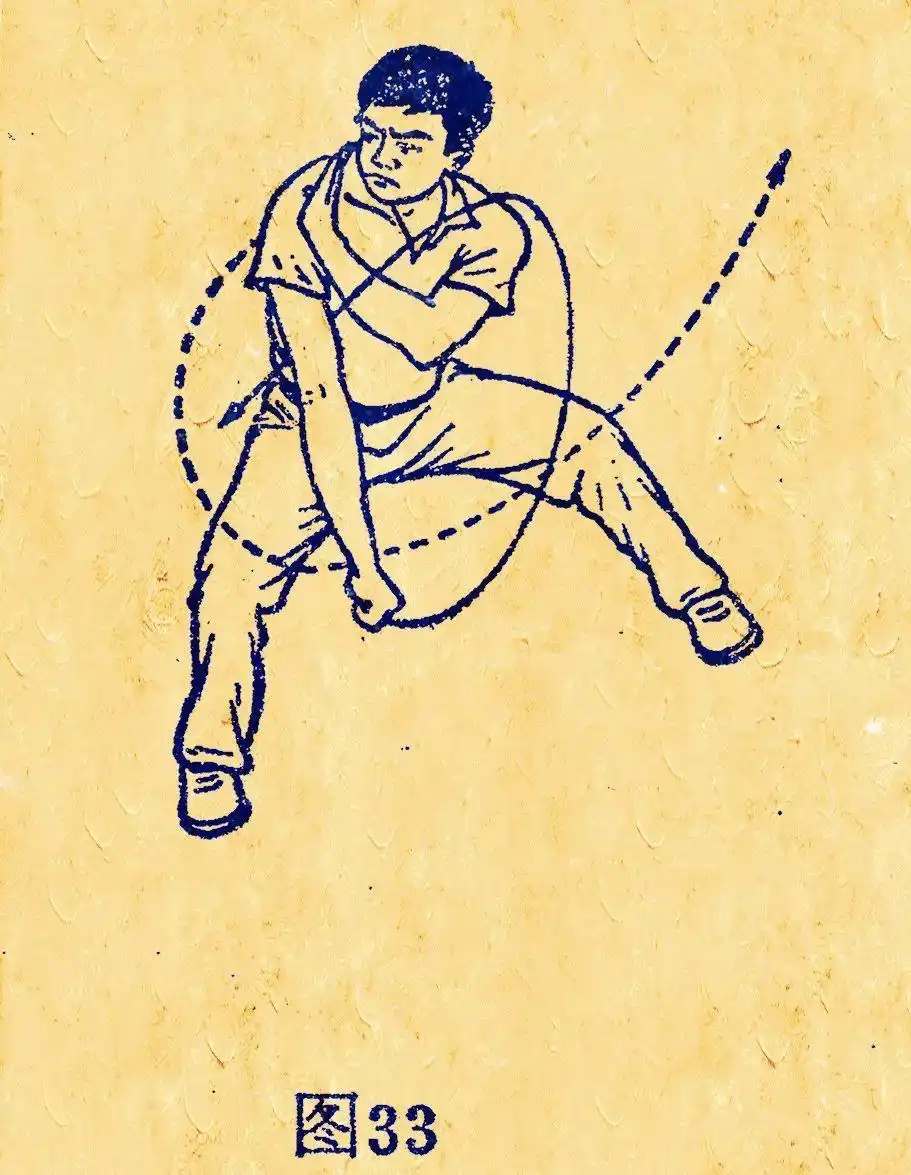
Title: Fu Jow Pai: Descending Mountain Tiger 36 Techniques (31-36 and Finishing Movements)
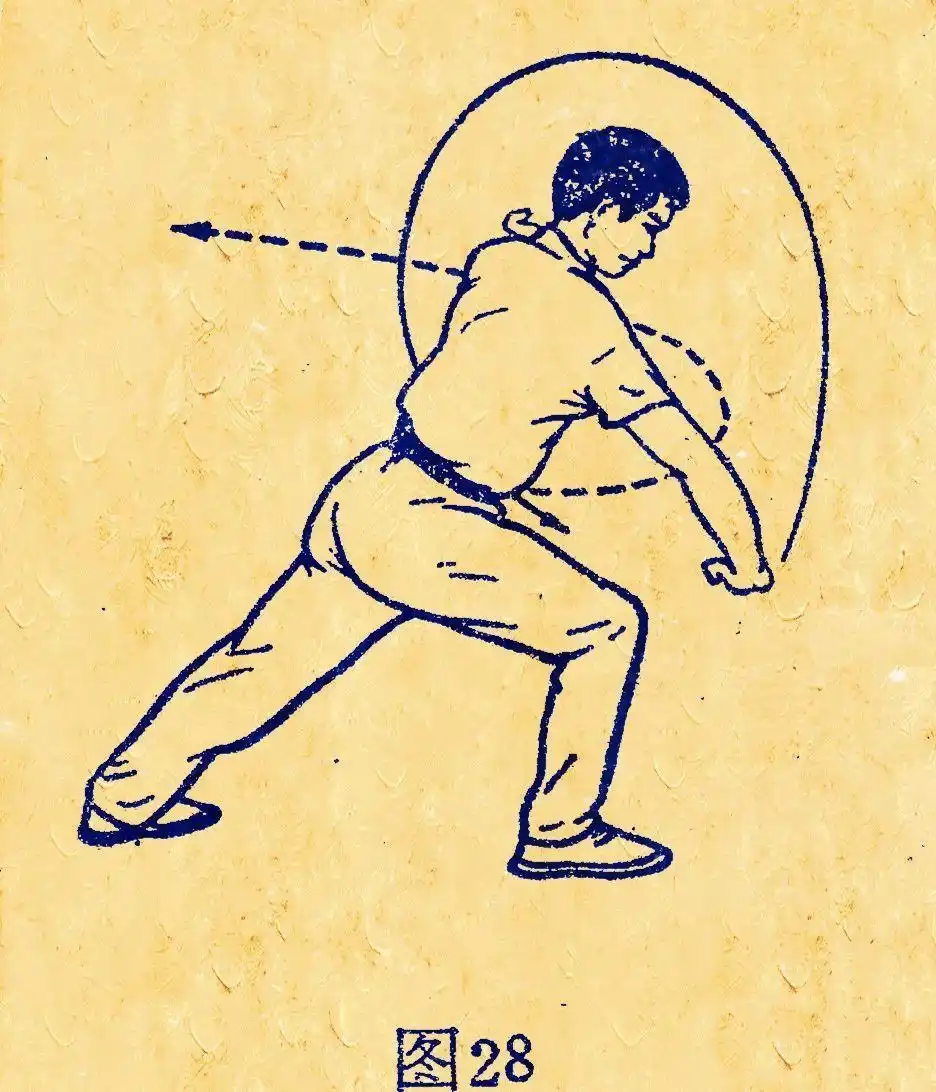
Fu Jow Pai: Descending Mountain Tiger 36 Techniques (25-30)
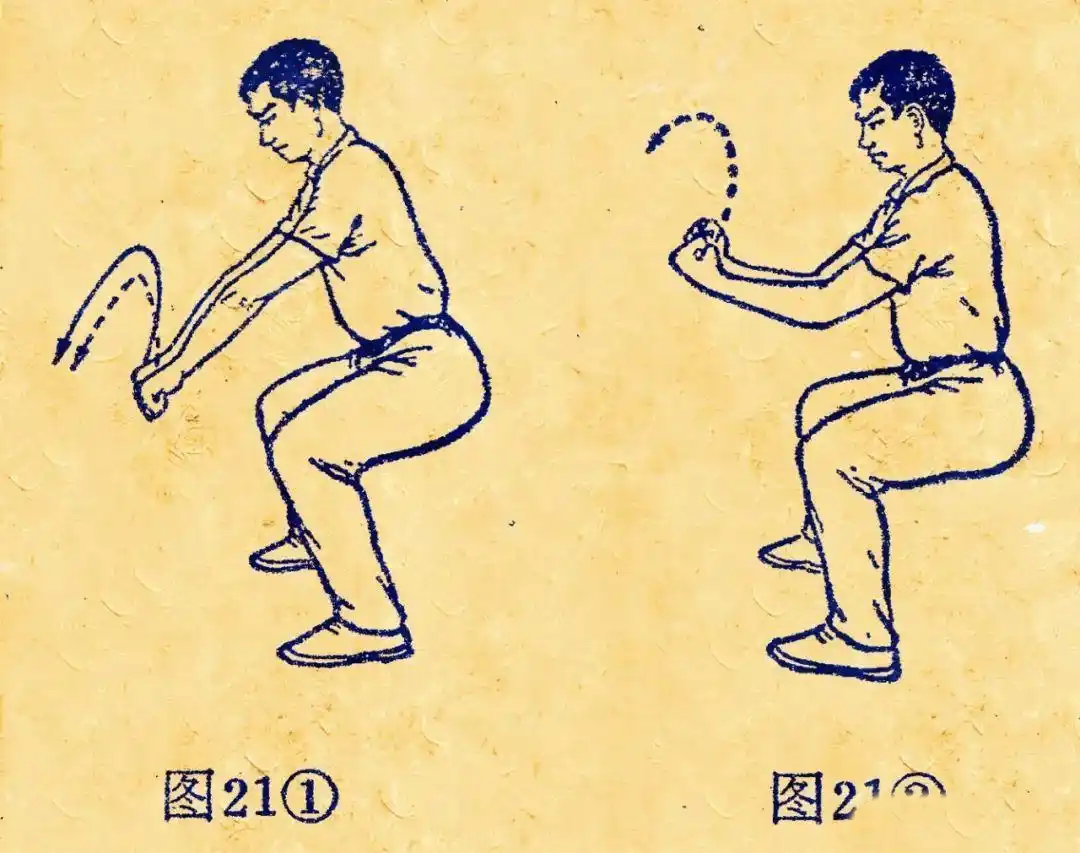
Fu Jow Pai: Descending Mountain Tiger 36 Techniques (19-24)
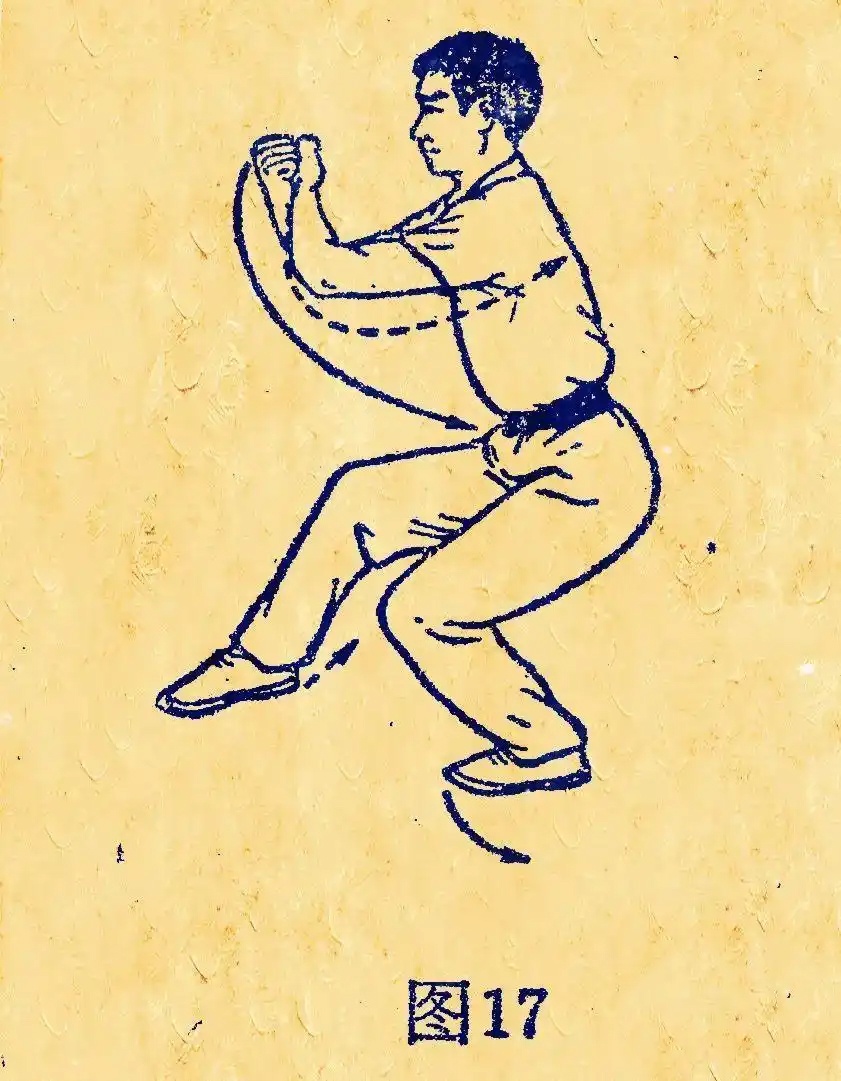
Fu Jow Pai: Descending Mountain Tiger 36 Techniques (13-18)